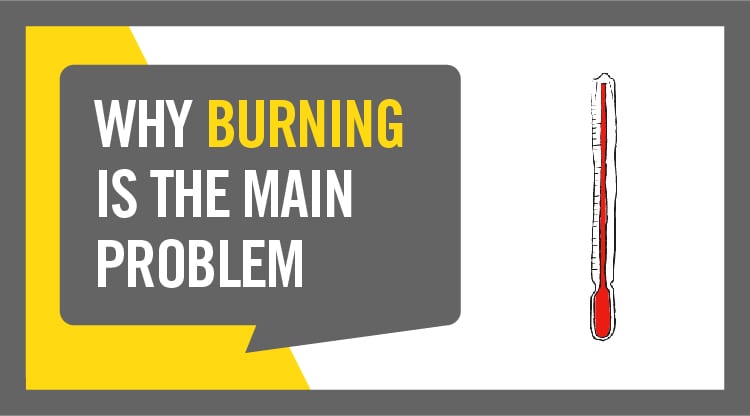Smoke-free alternatives have a role to play in public health.
While it’s best to quit cigarettes or never start smoking, smokers who don’t quit have a right to choose better alternatives.
Society needs the right regulation to support those better choices.
Cigarettes are the most harmful nicotine-containing products. What makes them so harmful is not the nicotine, but the smoke they produce. Over the last few decades, science and technology has enabled the creation of smoke-free products. While they are not risk-free, numerous independent studies have now shown them to be better alternatives to continued cigarette smoking, and a growing number of leading public health bodies around the world are also confirming these findings.
The world’s estimated 1.1 billion smokers are more than just a statistic. They are our loved ones, family, friends, and neighbors. They deserve better choices. By recognizing the role that robust, science-backed smoke-free products can play in moving these men and women who don’t quit cigarettes and nicotine completely away from cigarettes, we can collectively deliver a smoke-free future for everyone. And perhaps more quickly than you might think.
Together with existing tobacco control measures—aimed at preventing initiation and encouraging smoking cessation—these alternatives can play an important role in addressing the global public health issue of smoking. But for this to happen more quickly, the right regulation and support from civil society is needed.
From June to July 2020, independent research firm Povaddo carried out an online survey for PMI. It was completed by 19,100 adults across Europe, Asia, the Americas, and Africa. Our intention was to better understand people’s interest in science, their access to and understanding of scientific information, and how they rate various sources of scientific knowledge. We published the results in our white paper “In Support of the Primacy of Science.”
Many people rely on science and technology in their daily lives, and a recent PMI study shows they expect policymakers to take science into account when forming new regulations. When based on scientific facts and reasoned dialogue, regulation can accelerate change and protect society. Regulation based on ideology and outdated perspectives, however, slows progress.
Only when a large number of adult smokers switch to smoke-free alternatives can these products realize their full potential for population harm reduction. With the right regulatory support and societal encouragement, we believe cigarette sales can end in many countries in the next 10 to 15 years.





















